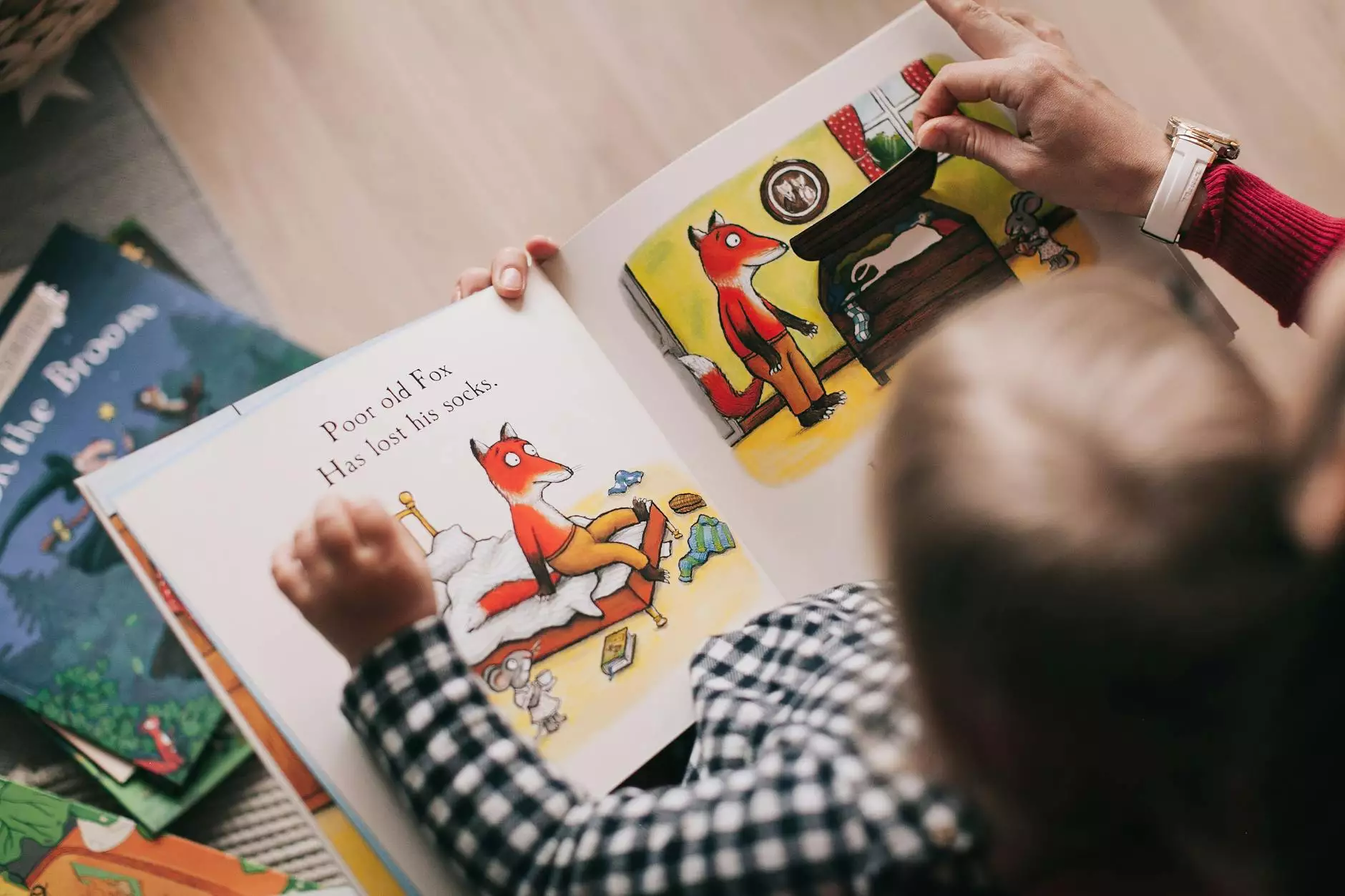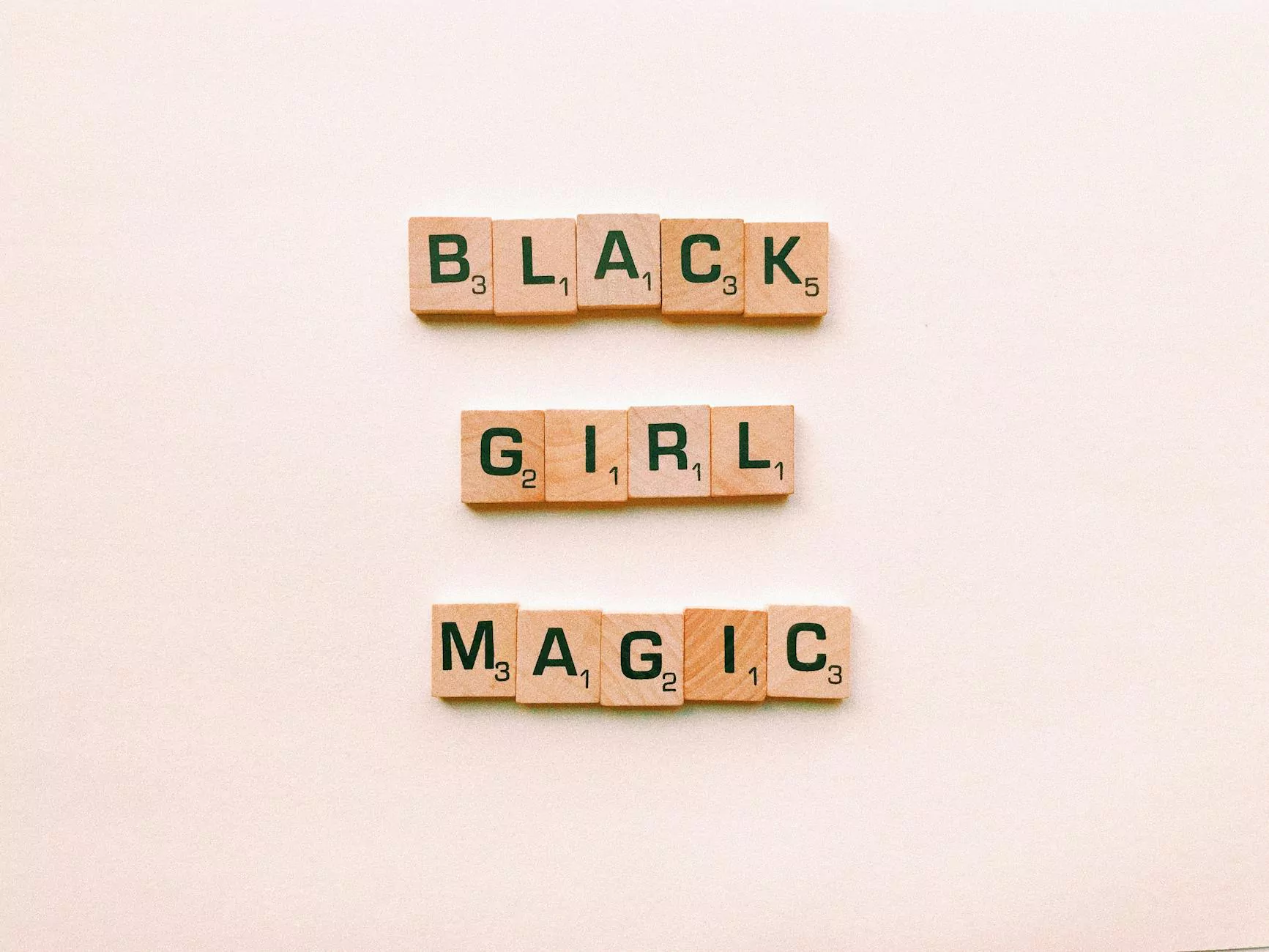Love Through The Ages, In All Societies

The Power of Love: A Journey Through Time
Love, one of the most powerful human emotions, has transcended time and shaped the course of history. From ancient civilizations to modern societies, the concept of love has played a significant role in shaping our existence. In this article, we will explore the evolution of love and its impact across different cultures and social frameworks.
The Origins of Love
Love is a universal human experience, dating back to the earliest recorded history. Although the expression of love may vary across cultures, the underlying emotions and desires remain constant. From the poetic love stories of ancient civilizations like Egypt and Mesopotamia to the romantic narratives of Greek mythology, love has always been at the core of human existence.
The Love in Ancient Societies
In ancient Egypt, love was celebrated as a divine force that brought harmony and balance to the world. The goddess Isis, revered as the epitome of love and fertility, was worshipped by Egyptians seeking fulfilling relationships and prosperous lives. Similarly, in Mesopotamia, the epic of Gilgamesh portrayed the immense power of love in transforming individuals and shaping their destinies.
Love in ancient Greece was explored in great depth, giving rise to various concepts such as Eros, Philia, and Agape. Eros represented passionate love, associated with desire and physical attraction, while Philia stood for deep friendship and camaraderie. Agape, often regarded as the purest form of love, encompassed selfless affection and unconditional care for others.
Renaissance: Love as an Art Form
The Renaissance period marked a shift in the understanding of love. Love was no longer merely an earthly emotion but became a subject of intellectual exploration and artistic expression. Artists and philosophers of this era, such as Leonardo da Vinci and Michelangelo, celebrated love through their iconic works that depicted the beauty and complexity of human emotions.
During this period, courtly love also emerged as a prominent theme in literature and poetry. The troubadours of medieval courts composed lyrical verses, idealizing the love between knights and noble ladies. These tales of courtly love emphasized chivalry, devotion, and the pursuit of unattainable affection.
The Modern Notions of Love
As societies evolved, so did the understanding and perception of love. The Industrial Revolution brought about significant social changes, leading to the emergence of new relationship dynamics. Love became intertwined with notions of compatibility, shared values, and mutual support.
With the advancement of technology and the rise of social media, love has taken on new dimensions. Virtual connections and online dating platforms have redefined how people meet, connect, and sustain relationships in the modern world. The boundaries of love have expanded, crossing borders and transcending cultural differences.
The Impact and Significance of Love
Love is not merely an abstract concept; it influences our lives at every level. From personal relationships to societal structures, love shapes the dynamics of human interaction.
Love and Personal Relationships
At an individual level, love forms the foundation of our emotional well-being and fulfillment. Romantic partnerships, deep friendships, and familial bonds all rely on love to thrive and flourish. Love provides emotional support, companionship, and a sense of belonging, leading to a more meaningful and fulfilling life.
Love and Societal Structures
Love also influences the fabric of societies, impacting cultural practices, family structures, and social norms. Traditional societies often place great emphasis on arranged marriages, while more modern societies prioritize individual choice and compatibility. Regardless of the approach, love remains a driving force in the formation and maintenance of long-lasting partnerships.
The Evolution of Love
Love is a dynamic force. It evolves and adapts to the changing times, reflecting the values and aspirations of each era. As societies continue to evolve, so will our understanding and expression of love. However, the core essence of love - empathy, connection, and compassion - will always remain the driving force behind human relationships.
Conclusion
Love transcends boundaries, time, and culture. It is an eternal emotion that has shaped the course of human history. From the ancient civilizations that worshipped love as a divine force to the modern world where love is celebrated in its multifaceted forms, the concept of love has always played a central role in our lives. Understanding the origins and evolution of love helps us appreciate its power and significance in creating meaningful connections throughout the ages.









